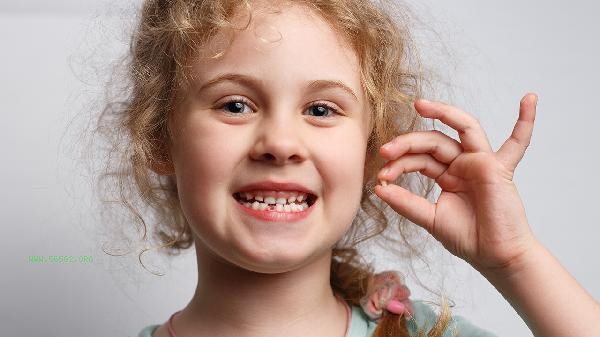Children who refuse to drink traditional Chinese medicine can be improved by adjusting the taste of the medicine, changing the administration method, distracting attention, providing appropriate rewards, and choosing alternative solutions. The bitter taste or special odor of traditional Chinese medicine may cause children to resist, and parents need to patiently guide and flexibly handle it based on the psychological characteristics of children.

1. Adjust the taste
With the doctor's permission, a small amount of honey or rock sugar can be added to adjust the bitter taste, but it is forbidden for children with diabetes. Some decoctions can be taken after refrigeration to reduce taste sensitivity, or mixed with a small amount of fruit juice to mask the medicinal taste. Attention should be paid to the possible interaction between certain drugs and acidic foods, and a physician should be consulted before preparation.
2. Change the administration method
Take the decoction in small portions, 5-10 milliliters each time. Medication can be slowly injected from the side of the mouth using a feeder to avoid direct stimulation of the taste buds at the base of the tongue. Granules can be adjusted into a paste and applied to biscuits, while pills can be ground and mixed with complementary foods. Please ensure that the drug formulation allows for split use.
3. Distraction
When taking medication, use toys, picture books, or animations to distract children's attention and create a relaxed and pleasant environment. Gamification methods such as "small train entering tunnel" scenario simulation can be used. Preschool children can reduce resistance through role-playing, but it is important to avoid laughing and coughing while taking medication.

4. Establish a medication reward mechanism with appropriate rewards, such as exchanging sticker points for small gifts, but it is not advisable to give candy directly. Praising and embracing as spiritual encouragement are more beneficial for long-term habit formation than material rewards. Be careful to avoid forming bargaining habits and make it clear that taking medication is a mandatory health task.
5. Choose alternative solutions
Consult with a physician to see if there are any children's specific preparations with better taste, such as sweet granules or topical application therapy. Some diseases can be treated with non oral therapies such as medicinal baths and massage. Serious resistance can be considered by using hospital decoction services to concentrate medication, or using vacuum packaging to reduce odor emission. Parents should maintain a calm attitude and avoid forcing medication to prevent psychological trauma. After taking the medication, you can prepare warm water to rinse your mouth or a small amount of sugar free yogurt to eliminate the bitter taste in your mouth. Long term medication advice: Communicate with the physician to adjust the prescription, and prioritize selecting ingredients that are of the same origin as medicine and food. Establishing a regular schedule can help develop medication habits, and taking medication half an hour after meals can usually reduce gastrointestinal irritation. If resistance persists, pathological factors such as sore throat should be ruled out, and other treatment methods may be used if necessary.









Comments (0)
Leave a Comment
No comments yet
Be the first to share your thoughts!